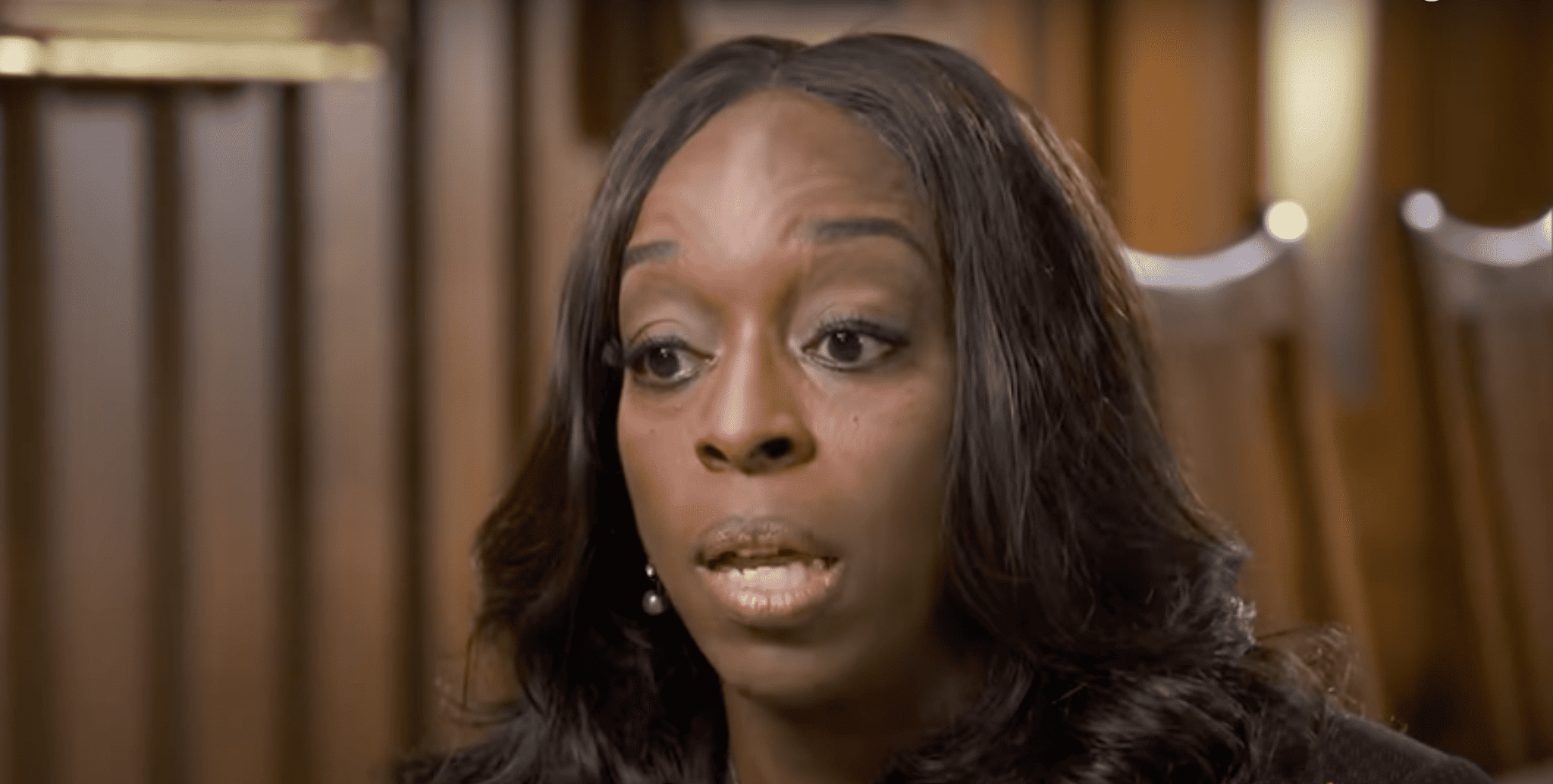Oberlin College and Conservatory students are in total freakout mode over the damage that the $36 million lawsuit by Gibson’s Bakery has caused to the college.
They are claiming that the school’s desperate efforts to fend off further lawsuits — including hiring a risk manager — will create an environment unamenable to Oberlin’s tradition of progressive protests.
In an editorial published in the Oberlin Review late last month, students wrote that “a college living in fear of litigation” is unlikely to “behave favorably toward activist efforts in the years to come.” The editorial was headlined “College’s Concerns Around Liability Stifle Progressive Values.”
Oberlin was forced to shell out the $36 million after a jury found that the college defamed the family-owned Gibson’s Bakery as racist. The dean of students at the time, Meredith Raimondo, distributed a flier that read, “This is a RACIST establishment with a LONG ACCOUNT of RACIAL PROFILING and DISCRIMINATION.” In addition, the college canceled its contract with the bakery, and faculty members joined in protests and distributed fliers that said, “DON’T BUY.”
That all followed an incident in which a Gibson’s employee chased out an African-American Oberlin student, Jonathan Aladin, who was attempting to shoplift wine from the business. The employee claimed that Aladin, as well as two women who came to the bakery with him, Endia Lawrence and Cecelia Whettstone, joined Aladin in assaulting him.

Jonathan Aladin, Endia Lawrence, and Cecilia Whettstone
Aladin was later charged with attempted robbery. Lawrence and Whettstone were charged with misdemeanor assault. All three pleaded guilty to attempted theft and aggravated trespass. Though they claimed upon their arrest that they were racially profiled during the incident, they later admitted that they were not.
That huge $36 million penalty — which has exacerbated the college’s financial woes — has caused the college to rethink its previous attitude of greenlighting and encouraging radical student activism.
Last year, the school hired an “associate vice president for operations & risk management.” Oberlin students wrote that this hiring was “indicative of tightening attitudes among administrators toward the potential liability student protests present.”
In another step of caution, the college banned faculty members from hosting classes and activities in their homes. In addition, the board of trustees voted in October to change the university’s bylaws so that faculty councils no longer have any authority outside of deciding upon curriculum.

Oberlin College President Carmen Twillie Ambar tries to defend the college’s actions toward Gibson’s Bakery (CBS Sunday Morning/YouTube)
The college went so far as to host a series of discussions called “Conversations with Counsel” that were geared specifically toward educating the campus community on how to avoid future lawsuits.
The description of a “Conversations with Counsel” event held last month stated that it would discuss “specific actions that could be attributable to the College (including social media and other speech), implications of actions taken pursuant to one’s employment, and the creation of obligations on behalf of the College.”
Chuck Birenbaum, one of the college’s trustees, explained to the Oberlin Review why such “risk management” is necessary. He stated that the overwhelming number of lawsuits Oberlin has faced, including “employment cases, Title IX claims, [and] personal injury cases,” as well as the Gibson’s suit, “demonstrated that Oberlin needed to take a hard look at itself in some ways that it hasn’t before.”
“The board recognized our claims history was a lot greater than it should be for an institution of Oberlin’s size,” Birenbaum said.
Students are horrified by administrators’ efforts to get their radical college to comply with the law.
“These tightening restrictions and a larger focus on risk management and liability within our administration,” the editorial board of the Oberlin Review wrote, “threaten to curb the progressive nature of Oberlin.”
Following the Gibson’s lawsuit, Oberlin has continued its tradition of being a bastion of progressive radicalism. However, Oberlin students have not recently engaged in protests or activism that have made a societal impact. Instead, most protests following the lawsuit, according to the Oberlin Review, have revolved around “faculty issues.” In addition, most activism efforts have been concentrated on identity-based grievances within the college, such as demands that the school hire an assistant for the director of the Afrikan Heritage House.
In an op-ed published on May 5, student Damian Goggans wrote: “[A]n assistant staff position in [Afrikan Heritage House] must be created. It is time for Oberlin to take action and fulfill its commitment to supporting and maintaining Black life on campus.”
In another example, students are demanding that Oberlin’s “Asia House” be designated as a space for Asian students.
Student Kayla Kim complained in a May 5 op-ed that Oberlin’s website describes Asia House as “open to anyone with an ‘interest in Asian and Asian American cultures.’”
Kim argued, referencing her own Asian identity: “I’ve said it before and I’ll say it again: ‘interest’ is not the same as lived experiences. Interest is not the same as facing weird stares, uncomfortable questions, and plain ignorance from other people at Oberlin.”
“Asia House,” Kim wrote, “must be recognized as a space for Asian students that is supported by the College. This is not a friendly suggestion. This is a call to action.”
She also complained that Asia House mostly hosts events on Chinese, Japanese, or Korean culture. This doesn’t, according to Kim, account for many Asian students.
Kim’s activism is representative of the extent to which Oberlin’s activism has collapsed following the Gibson’s Bakery lawsuit.
No longer focused on societally focused protests, as has historically been the case, students have descended to insular, identity-obsessed petty grievances or faculty-related gripes that affect no one apart from the 2,986 undergrads on Oberlin’s rural Ohio campus.
The Oberlin Review’s editorial board is right to worry: The college’s caution following Gibson’s courageous lawsuit will tamp down students’ ability to use their college as a national platform for insanity, devolving their activism into progressives pointing fingers at one another for not being progressive enough.
READ MORE:
Still-Employed Oberlin Professor Defended Fatwa Against Salman Rushdie
